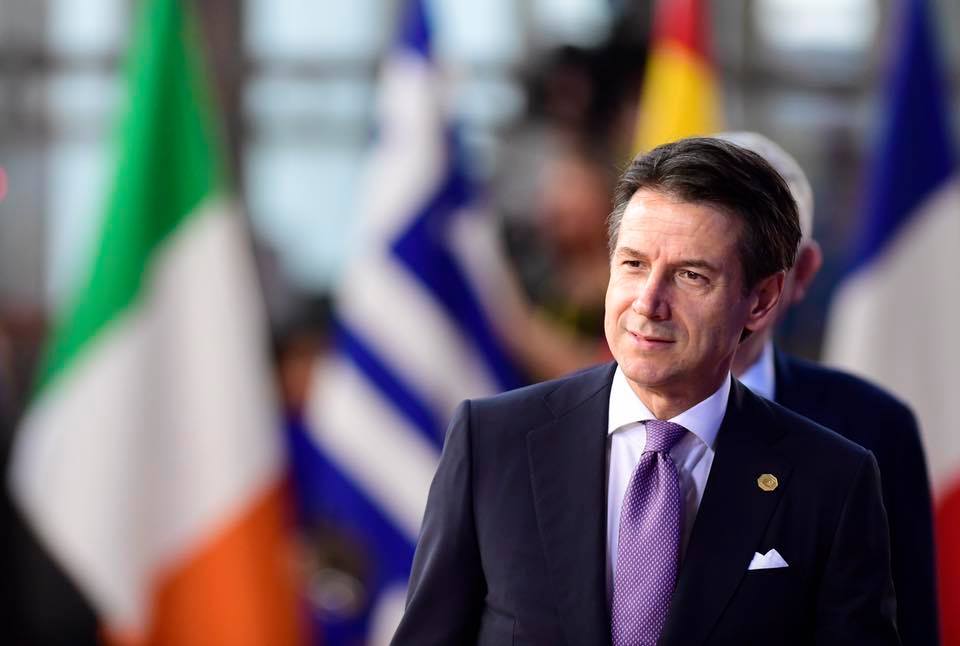News
Italy to press on with budget, asks EU sanctions be delayed

Giuseppe Conte told lawmakers that if eurozone countries impose sanctions against Italy over its budget, as recommended by the EU executive Commission, he would ask that they be extended over a long period of time “to allow the economic manoeuvr to produce its effects on growth, and therefore, reduce public debt.” (File photo: Giuseppe Conte/Facebook)
MILAN — Italy’s leader said Thursday that the government will speed up investments to help economic growth, but that the main points of its big-spending budget plan would not be changed despite the EU’s warning it is in serious breach of the rules.
Giuseppe Conte told lawmakers that if eurozone countries impose sanctions against Italy over its budget, as recommended by the EU executive Commission, he would ask that they be extended over a long period of time “to allow the economic manoeuvr to produce its effects on growth, and therefore, reduce public debt.”
Conte and his top ministers remain committed to trying to persuade European partners of the need to increase spending sharply, despite repeating warnings that the plan would hurt the economy by saddling it with more debt. The EU Commission has this month raised the stakes, urging Italy’s fellow countries in the euro to consider sanctions against the country for so blatantly breaking the union’s fiscal rules.
Italy’s new populist government says the spending plans are necessary to boost growth after years of austerity measures. They also maintain electoral promises to do away with an unpopular pension reform that could see thousands retire in the coming months, and to introduce a basic salary for job-seekers.
But the standoff with Europe is having an impact on Italy’s finances. Investors are snubbing Italian government bonds amid concerns over the budget dispute.
Orders for four-year Italian bonds on Thursday reached only 2.16 billion euros ($2.47 billion), well below the more than 8 billion euros expected and the second-worst result ever. The record high was 22.2 billion euros in November 2013, while the lowest level was 1.73 billion euros in June 2012.
Italian Deputy Premier Luigi Di Maio told reporters that he hopes Italy can persuade the EU of the need to increase government spending.
Alluding to the many public budget cuts Italy has enacted since the financial crisis, Di Maio said: “They can’t treat Italy this way after years of massacres.”





















